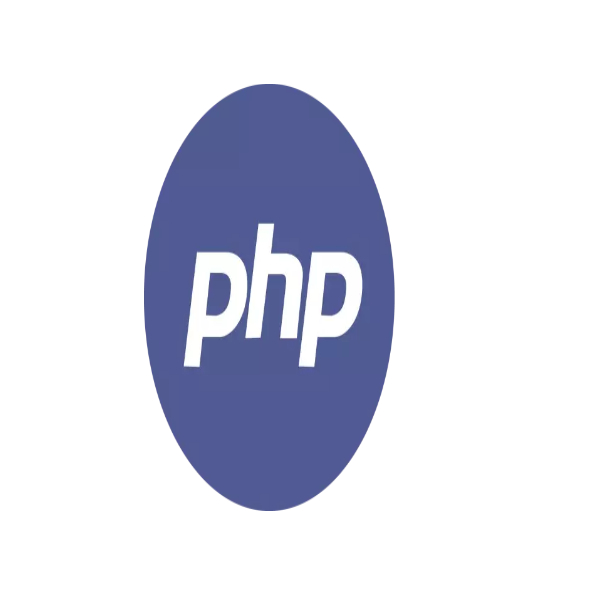- info@einnovention.us
- THIS SITE IS OWNED AND OPERATED BY MUHAMMAD AATIF NADEEM.
PHP

Title: Exploring the Dynamic Duo of Web Development: PHP and CMS
In the vast realm of web development, the dynamic duo of PHP and Content Management Systems (CMS) stands out as a powerful combination that has revolutionized the way websites are built and managed. PHP, a server-side scripting language, has been instrumental in creating dynamic and interactive websites, while CMS platforms have simplified content creation and site management. In this blog, we'll delve into the world of PHP web development and the significance of CMS in enhancing efficiency and user experience.
PHP: Powering Dynamic Web Development
PHP (Hypertext Preprocessor) is a versatile and widely-used scripting language tailored for web development. Its primary strength lies in its ability to be embedded within HTML code, enabling developers to create dynamic web pages by generating content on the server side before it's delivered to the user's browser. This dynamic nature allows for features such as user authentication, form processing, database interaction, and more.
Here are a few reasons why PHP is favored by developers:
- Ease of Learning: PHP's syntax is quite similar to C and other programming languages, making it relatively easy for beginners to pick up.
- Versatility: PHP can run on various platforms, including Windows, Linux, macOS, and most web servers. It supports multiple databases, making it an excellent choice for dynamic applications.
- Community and Resources: With a vast community and an abundance of resources, including libraries and frameworks, developers can find solutions and support readily available.
- Rapid Development: PHP's quick turnaround time enables developers to create prototypes and launch projects swiftly, making it a go-to choice for startups and smaller projects.
The Role of Content Management Systems (CMS)
Content Management Systems have transformed the way websites are managed and maintained. These platforms provide a user-friendly interface that allows non-technical users to create, edit, and publish content without delving into the intricacies of coding. CMS platforms have gained immense popularity due to their efficiency, flexibility, and scalability.
Let's explore some of the key benefits of using CMS:
- User-Friendly Interface: CMS platforms offer intuitive interfaces that empower content creators to manage and update their websites without requiring extensive technical knowledge.
- Content Control: CMS enables different levels of access, ensuring that only authorized users can modify specific content. This helps maintain the integrity of the website.
- Themes and Templates: CMS platforms often come with a variety of themes and templates, allowing developers to create visually appealing websites quickly.
- Scalability: As websites grow, CMS platforms can handle increased content and traffic. They provide a solid foundation for expansion without requiring extensive code changes.
- SEO and Analytics: Many CMS platforms offer built-in SEO features and integration with analytics tools, helping websites improve their visibility and performance.
Choosing the Right CMS for PHP Development
While there are numerous CMS options available, it's essential to choose the one that aligns with your project's goals and requirements. Some popular CMS platforms compatible with PHP include:
- WordPress: Known for its user-friendliness, WordPress powers over one-third of the websites on the internet. It's perfect for bloggers, small businesses, and even larger websites.
- Joomla: Joomla offers a balance between user-friendliness and advanced features. It's suitable for building more complex websites.
- Drupal: Drupal is a robust CMS chose for its flexibility and customization capabilities. It's favored for larger and more intricate projects.
- Magento: If you're focusing on e-commerce, Magento is a powerful CMS tailored for online stores and digital commerce.
Conclusion:
PHP web development, coupled with the advantages of CMS platforms, offers a potent solution for creating dynamic, interactive, and user-friendly websites. Whether you're a beginner or an experienced developer, the combination of PHP and a suitable CMS can streamline your development process and enhance the overall quality of your web projects. So, explore the world of PHP and CMS, and embark on a journey to create engaging and impactful online experiences.

